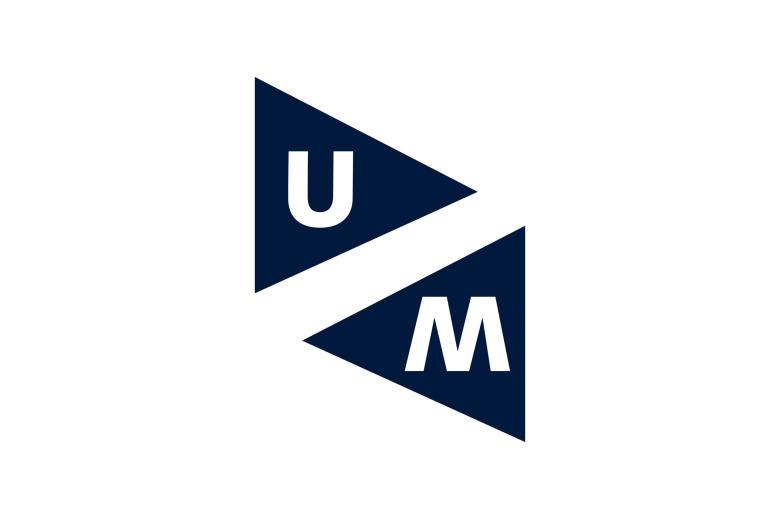Dealing with work pressure – progress to date
Various surveys (the national survey conducted by the Dutch Trade Union Confederation (FNV) and the Scientist's Union (VAWO) in 2017 and the UM work perception survey from 2015) have shown that employees of universities experience a high to extremely high work load at work. Agreements about how to deal with this work pressure have therefore been laid down in the current Collective Labour Agreement.
UM acknowledges the urgency of this issue. The Executive Board, deans and directors, together with the University Council, Faculty Councils, Employees’ Councils and the Local Consultative Body, are consulting with the organisation at different levels to discuss causes and solutions. The surveys and discussions reveal that work pressure is a multifaceted phenomenon, which is sometimes traceable to specific professions and/or age groups, but often also a very personal perception. That also makes it very difficult to pin down and influence. It will take time to come up with solutions for all these aspects, as this will involve a broad spectrum ranging from general measures to specific customised approaches.
In the meantime, a few actions have been initiated:
- Since 2014, in close consultation with the University Council, additional resources have been earmarked for measures aimed at reducing the workload of education and the educational process, in particular by increasing the number of academic staff.
- The importance of education (read: recognition of teaching roles) is an explicit element of the UM Professorial Policy adopted in 2017 and the Tenure Track scheme for assistant professors.
- The University Council and the Executive Board introduced a Task Force Educational Workload in late 2016, aimed at addressing work pressure amongst academic staff. In June 2017, the Task Force issued a report with twelve concrete recommendations
- The faculties have drawn up faculty workload plans in which they indicate which actions they plan to take in connection with the Task Force Educational Workload recommendations. The contents of the plans vary from concrete measures to strategic policy intentions. Some faculties and service centres are already in the implementation stage. They are reviewing the division of educational, research and other tasks within jobs, reducing the administrative workload and allocating more time for writing grant applications, etc.
- The workloads of administrative and support staff are given explicit attention in the action plans of the service centres (incl. MUO) and in a number of faculty plans (the remaining faculties will also do this in the near future). In this respect, it has been noted, among other things, that administrative and support staff represent a large and very diverse range of positions, which can be divided into two main groups: administrative and support staff working in close collaboration with academic staff in the area of teaching and research (laboratory staff, Education Office staff, etc.) and support and administrative staff providing services who are further removed from teaching and research.
Together with the University Council and the Local Consultative Body, UM is now working on a Workload Framework. Different policy agendas have been included and agreements about roles/responsibilities and monitoring have been specified. The framework is a ‘living’ document with a long-term approach, in which potential pathways for research and solutions are specifically stated, including indications of time frames and objectives where possible. Click here for the most recent version.
Within the framework, extensive attention is also devoted to monitoring the results, as a fixed component of the cycle of spring and autumn consultations. This will be done on the basis of uniformly defined indicators (e.g. student/staff ratio and absenteeism rates), as well as in the annual reports of the Occupational Health and Safety Service and in response to trends from the periodic medical surveys and the biennial work perception survey. The structure of the work perception survey will be modified in order to gain better insight into perceived workloads and the effect of the measures.
To further develop the framework, all UM employees – both academic and administrative and support staff – are asked to contribute their thoughts. After all, workload perception is a joint issue for both employees and supervisors, who should have an ongoing conversation about this topic. Employees can also discuss their ideas with the HR advisers in their unit. They will make sure that all contributions will be brought forward in the further discussion about the framework.
Also read
-
In Kerkrade, you can listen to the invisible universe
UM and Discovery Museum in Kerkrade make the Einstein Telescope understandable for everyone.

-
Maastricht University ranked #3 worldwide and #1 in Europe in 2025 Better World MBA Ranking
We are incredibly proud to share that the MBA programmes of Maastricht University School of Business and Economics’ executive branches, MSM and UMIO, have once again been recognised among the very best sustainable business MBA programmes worldwide. In the 2025 Better World MBA Ranking by Corporate...

-
